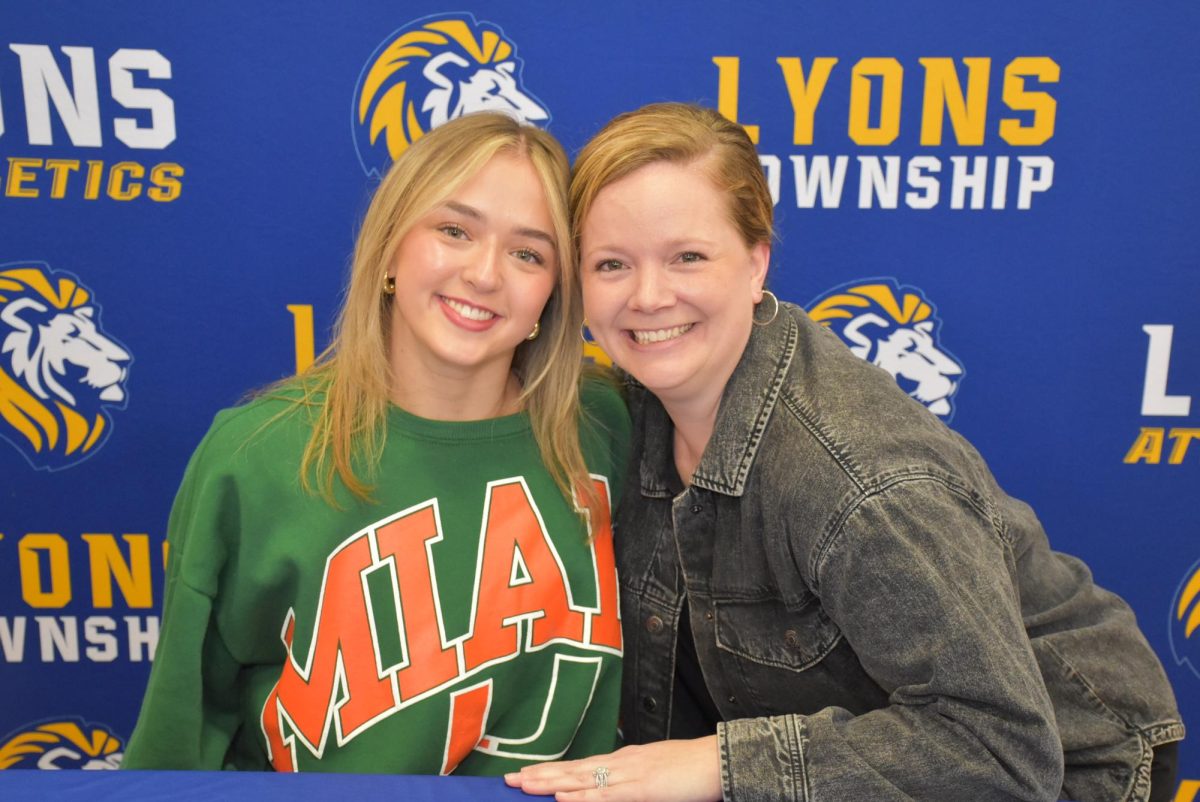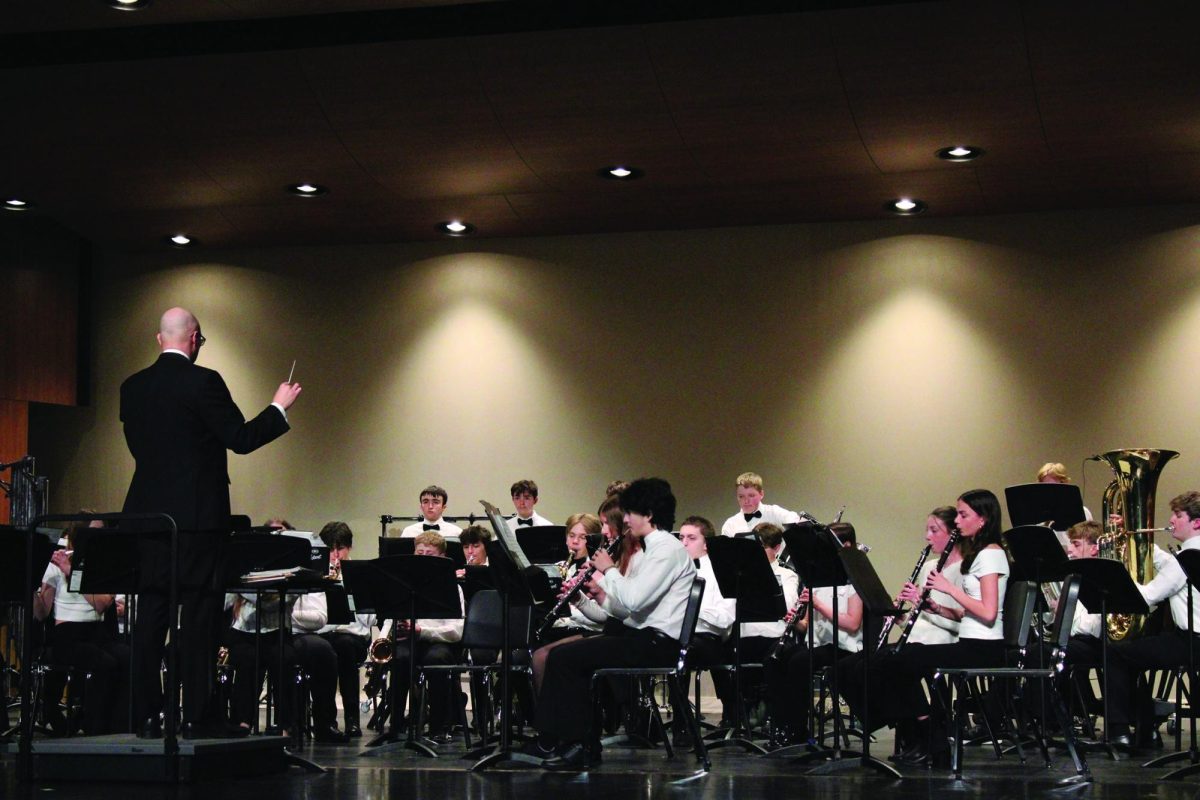New-look NBA
April 24, 2018
Back in Issue 1, I wrote a column on the Jimmy Butler trade made by the Chicago Bulls this past summer, stating that it was a necessary move for the team. Much of my reasoning stemmed from the NBA transforming into a super-team dominant league, meaning that Butler at the helm would not be enough for the Bulls to make a title run.
I still stand behind my claim, and there’s no question that the league is dominated by a few powerhouse teams. There have been some super teams throughout the league’s history, but as of late, top players joining forces has become way more common. In fact, it’s practically become the norm.
Think about any recent big name free agent – Kevin Durant, Paul George, Carmelo Anthony or Chris Paul, to name a few. Nearly all of these free agents are ending up joining teams that already have proven superstars. Why? Because that’s what it takes to win nowadays. One superstar talent is not going to be enough to beat teams like the Golden State Warriors or the Houston Rockets. And, now that more players are doing it, that leaves any future free agents to feel comfortable when joining super teams. No one will ever get ridiculed like LeBron James did in 2010 when he went to Miami, so players aren’t afraid of any backlash they may receive anymore. Their decisions to form unfair rosters is not only becoming more and more accepted by players and fans, but also expected.
So are these super teams an issue? People seem to disagree on the topic. Some argue that the playoffs become way more exciting as a result of these super teams – we get to see more superstars on the same court at the same time. Others say that these super teams are ruining the league by making well over half of the teams insignificant. Both are fair points.
Whether or not you like super teams, there’s no denying that they bring along consequences, and one of the biggest consequences is tanking. Tanking, a verb used to describe a team that is practically losing on purpose in order to obtain high draft picks, is becoming much more frequent, much like super teams. The simultaneous increase of these two things is no coincidence. With super teams forming at an unprecedented level, bottom-tier teams are realizing they stand no chance against these teams come April. They feel no need to try to compete and would rather go after the number one pick, and I don’t blame them whatsoever. The only way to get back into the mix with the super teams is to either sign free agents or draft potential stars, and drafting is the easier of the two because the power is in the team’s hands rather than in the hands of a free agent who can go where he pleases.
Like super teams, tanking isn’t completely new. It’s been done in the past, but again, not at the level we are seeing now. There’s no official number, but it’s fair to estimate that eight or nine NBA teams are currently tanking to increase their chances at grabbing the player they want in this upcoming draft class. That’s nearly one third of the league that isn’t even trying to win games.
Is this what we want in professional sports leagues? Sure, the playoffs make for some serious drama and spectacular basketball between teams that have loads of talent, but that disregards the other six plus months of the season.
It’s unhealthy for the NBA to have a season like this where there are more teams tanking than there are in contention for a title. Finding potential solutions to this problem is no easy task, yet numerous strategies have been pitched by people.
Some promote the playing of a draft lottery tournament, where teams that miss the playoffs play games to determine who drafts when rather than conducting a lottery where worse teams have better odds at the number one pick. The thought behind this method is that non-playoff teams won’t tank because they want to be good enough to win the draft tournament, which makes sense.
However, there are some downsides to this idea. First off, terrible teams could be stuck in a never-ending string of failure by losing this draft tournament and getting average draft positions. Also, the NBA would have to decide what to do with playoff teams that hold rights to the lottery picks of non-playoff teams, which would only cause more controversy.
The fact of the matter is that every method pitched has its benefits and drawbacks, and there’s a chance that there is no favorable alternative to the way the league is now. Ultimately, the matter at hand is that the league is evolving. The game is being played and teams are being formed in ways we have never seen before, yet this very well could just be a phase that the league is going through. But going forward, super teams and tanking need to be closely monitored and acted upon if the current trends continue. And I believe if you are going to fix the issue, you have to go after the initial cause, which is super-teams.





















![Movie poster for '[Rec]" (2007).](https://www.lionnewspaper.com/wp-content/uploads/2023/04/rec-640x900.jpg)


